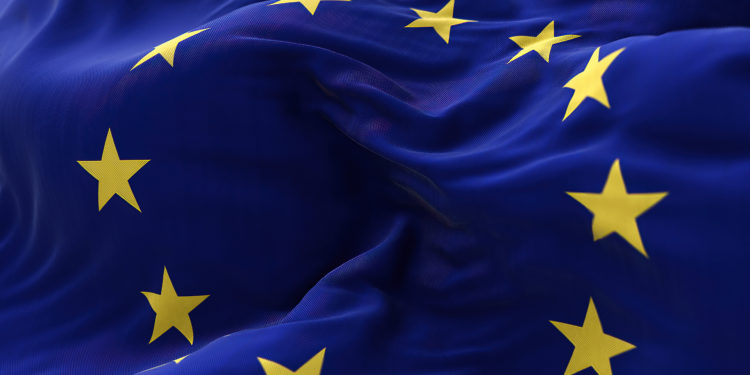The European Union has published its full Digital Markets Act, which will require companies like Apple to offer alternatives to their app store and payment systems.
According to their plans to acquire Apple Messages and other companies committo cooperate with smaller competitors, the EU has now published the full details of its Digital Markets Act (DMA) publishedThe DMA was agreed in a nearly eight-hour meeting between the EU Parliament, the Council and the Commission on 24 March 2022. According to EU Competition Commissioner Margrethe Vestager, the process from agreement to implementation of the proposals into law will be "very, very fast". She expects the law to come into force sometime in October. In her speech, Vestager stated:
A fair market is part of any democracy and the steps we took last night are a big step to protect every business and ensure the digital market is fair and benefits all consumers. For example, a new obligation on interoperability between intelligence services has been added, as well as a ban on data collection for the purpose of targeted advertising unless there is effective consent.
EU: iPhones must be opened for sideloading
Certain obligations have not yet been fully defined, such as requirements for the interoperability of messaging services. The EU statement says it has been agreed that these "will be assessed in the future".
Most importantly for companies like Apple and Google, Article 6.1(c) of the DMA requires that iPhones be open to sideloading of apps - including third-party app stores - and that all providers must support alternative payment systems. It also gives customers the right to uninstall any pre-installed apps. It also requires companies known as "gatekeepers" to stop giving preferential treatment to their own services on platforms they control.
The EU's objectives with the DMA
Vestager listed the many antitrust cases that the EU has either concluded or is currently involved in with companies such as Amazon, Apple, Google and Facebook.
We have learned over the years that we can correct and punish illegal behavior in certain cases. But when things become systemic, we also need regulation. Because when there is systemic risk behavior, when there are entrenched positions, then we have to intervene with regulation.
Vestager also said the DMA will bring technology companies in line with other industries that require similar oversight and regulation.
EU wants to take action against gatekeepers
In fact, it is very similar to what was done a long time ago. In banking, telecommunications, energy and transport, regulation and competition work hand in hand. We have finally created the same reality here.
Only large companies that offer "core platform services," according to the DMA, will be called "gatekeepers" and will be subject to the terms of the law if it is passed. According to the European Parliament, a gatekeeper must offer browsers, messaging services or social media and have at least 45 million monthly end users in the EU. They must also have 10,000 business customers per year and a market capitalization of at least 75 billion euros ($82 billion) or annual revenue of 7.5 billion euros ($8.2 billion). The full text of the DMA's law still needs to be finalized before approval. Vestager said she is hoping for October but given the usual timelines, passage in 2023 is more likely. Final approval is the responsibility of both the EU Parliament and the Council. (Photo by rarrarorro / Bigstockphoto)





